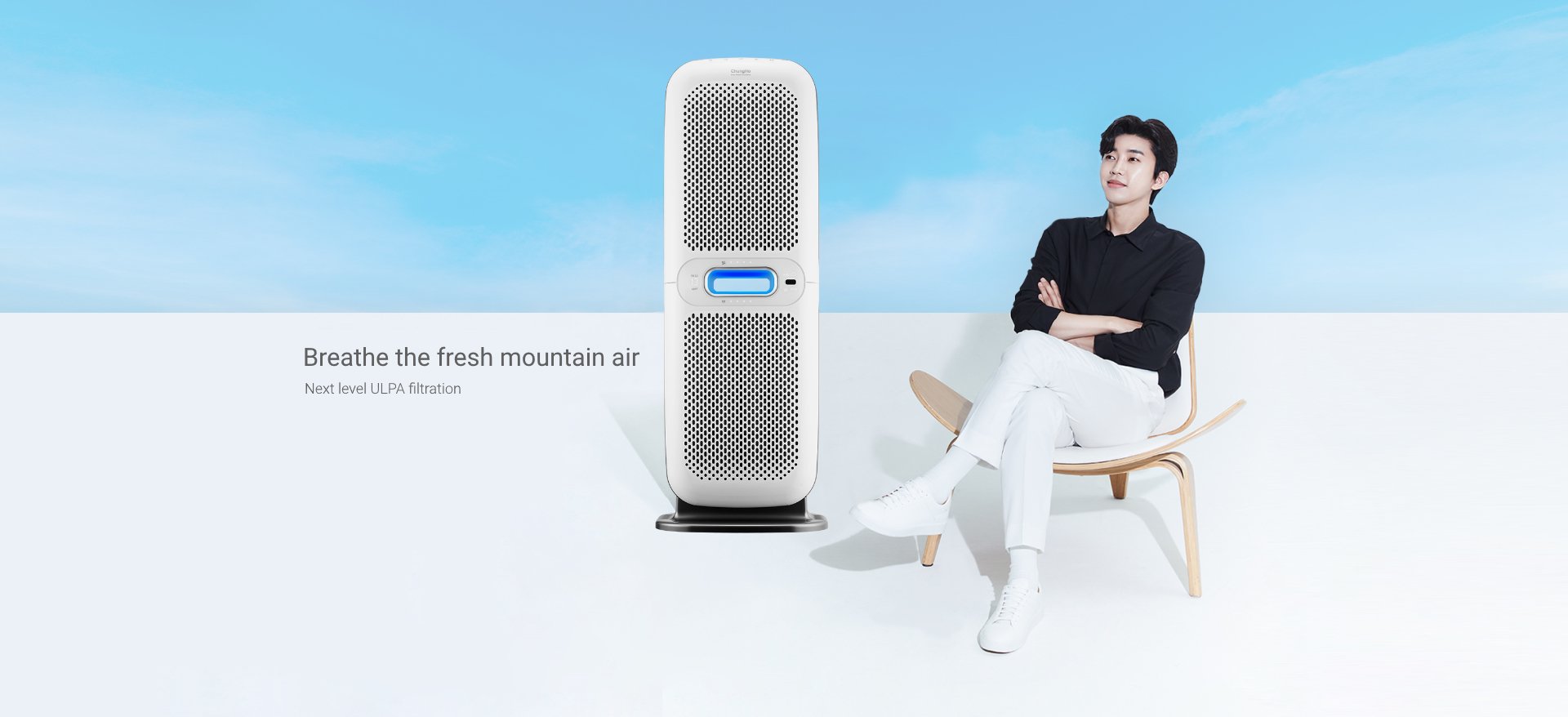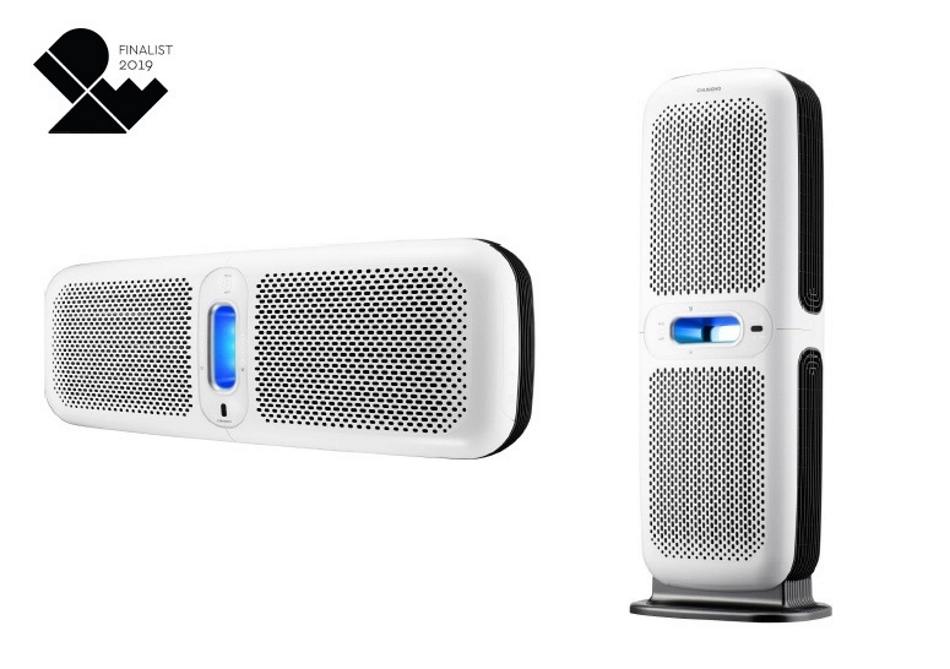
Your indoor air is often more polluted than the air outside. Since we spend most of our time indoors, our exposure to poor indoor air quality puts us at risk for a number of ailments.
Using an air purifier will help create cleaner, healthier air in your home or office, so you can enjoy better indoor air quality. Answer these questions before you purchase one:
1. Why Do I Need An Air Purifier?
Air purifiers are the best way to clean your air indoors, which can be polluted and full of triggering particles like pollen and dust. They also help maintain a healthy environment by removing pet dander, mould spores, ragweed and more.
You can use our Product listing to find the perfect air purifier for you. Some models are designed for specific purposes:
Specific Needs
2. What Size Air Purifier Do I Need?
To choose the right size air purifier for your needs, consider the square footage of the room you want to purify.
If you have allergies or asthma and are looking for an air purifier to help manage your symptoms, you should also consider an air purifier’s air change per hour (ACH) rate. ACH refers to the number of times an air purifier can filter the entire volume of air in the treatment space each hour.
Air purifiers that can clean the air in a space at least four times per hour are best for allergy- and asthma sufferers. A rate of four air changes per hour also ensures that the air purifier thoroughly cleans the air and filters out as many microscopic symptom-triggering allergens as possible to keep you breathing easily.
Our air purifiers are sized for four air changes per hour. Use these guides:
3. What Features Do I Need on My Air Purifier?
After choosing the type and size of air purifier you need, consider whether or not you’d like any special features.
Features include:
4. Where Should I Put My Air Purifier?
In most situations, we recommend that you place your air purifier in your bedroom since that’s where you spend most of your time.
Keep in mind that portable air purifiers are designed primarily to purify the air in one room only, so you may need to invest in additional units for other rooms.
Alternatively, you can choose a unit that includes caster wheels, handles, and other portability features to make it easier to move it from room to room.
5. How Much Maintenance Do Air Purifiers Require?
The main type of maintenance required with air purifiers is replacing air filters. How often do you need to replace them?
In Summary
Before buying an air purifier: Get one that is equipped for your room size, filters out the particles in your home, and is easy to use.
Use our Product listing to find an air purifier appropriate for your space.




